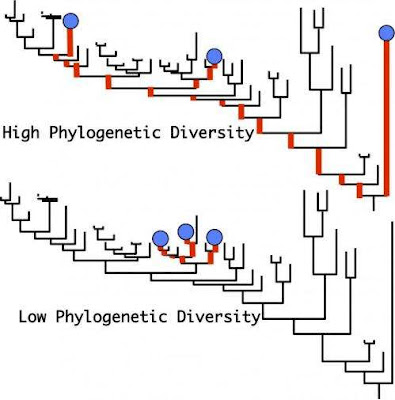5th Warmest Year on Record: 2021
Last week, European Climate Change Service announced that 2021 was the fifth warmest year in history. When we read newspaper headlines in this way, many of us may reach different conclusions, so I will try to explain the meaning of this announcement piece by piece.
First of all, scientists have been measuring the average temperature of the globe with modern thermometers for nearly two hundred years. Although there were no modern thermometers all over our planet two hundred years ago, we can know the average temperatures we have experienced in the last two hundred years with quite a high accuracy, as these thermometers were spread in most places and the measurements made at that time were corrected by comparing them with the measurements today. So we are confident that the average temperatures we have experienced in 2021 have not been seen for at least two hundred years.
We know that Galileo Galilei invented the first roughly scientific thermometer four hundred years ago. Although the measurements are crude, temperatures have been measured globally for four hundred years. In addition, since there are many written descriptions to tell us what the temperatures were, it is possible to reach very accurate values. Especially from the information when the flowers bloom when the fruits ripen and when they disappear, we can learn the average temperatures of the past times. On top of that, sources such as tree rings, stalactites, and stalagmites give us fairly accurate information about the average temperature of the earth.
Going back even further, mud samples taken from sea and lake floors and examining ice patterns from glaciers can extend the time we try to determine the temperature to millions of years. When we look at 2021 in this way, we can say that it is at least the fifth hottest year since human existence on earth. Of course, there have been warmer times since the formation of the earth. Specifically, the earth was almost like a ball of fire when it first formed. But since the Earth's atmosphere has stabilized recently, we know that the last few million years have been lived in conditions similar to today.
The question "couldn't the climate be getting colder now that it's only the fifth warmest year?" may come to your mind. We should explain this as follows: Even without global warming, the average temperature of the earth changes from year to year. Some years are warmer than average, and some years are quite cool. Scientists have sought an order in this variability. One of the elements found as a result of long studies is a cycle formed in the Pacific Ocean. During this year-long event, which we call El Niño, the ocean waters off the west coast of South America become warmer than usual. However, this warming does not only affect that region but also changes in weather patterns everywhere. During El Niño periods, the average temperature of the earth is above normal. Record temperatures before global warming have always been measured during El Niño periods. Conversely, when the ocean waters off Peru are normally cold, the average temperature of the earth drops. This event is called La Nina.
1998 and 2016 were years of severe El Niño events, and both years retained the "hottest year" title for long periods of time. In other words, when evaluating whether a year is warmer or cooler than average and its importance, we should also pay attention to events that have such a global impact. If temperatures are below average during several strong El Niño periods in a row, it's worth checking out. However, when temperatures remain around the average during several strong La Nina periods, like we had in 2021, it cannot be considered as a decrease in global warming. It was not too difficult to predict that 2021 will be cooler than 2016 due to a strong La Nina effect in 2021. Similarly, 2022 will probably not be the warmest year, as we still will be under the influence of another La Nina. From the first week of the year, 2022 is believed to be the hottest fourth, or fifth hottest year.
However, if we remember the climate disasters brought to our country in 2021, which was not very hot, we need to consider how bad the results of these events were even in this case. This means that we need to be prepared for 2022 and we need to prepare even more for the next El Nino year.




Comments
Post a Comment